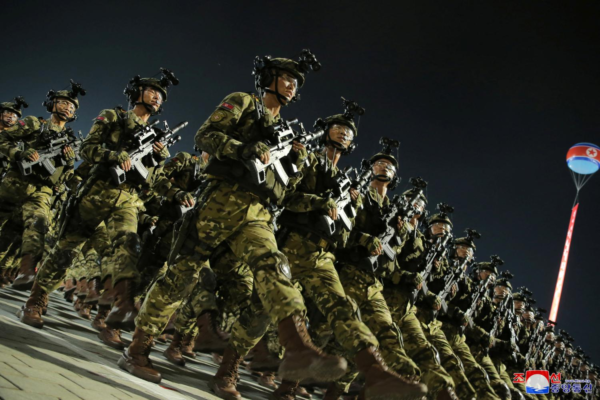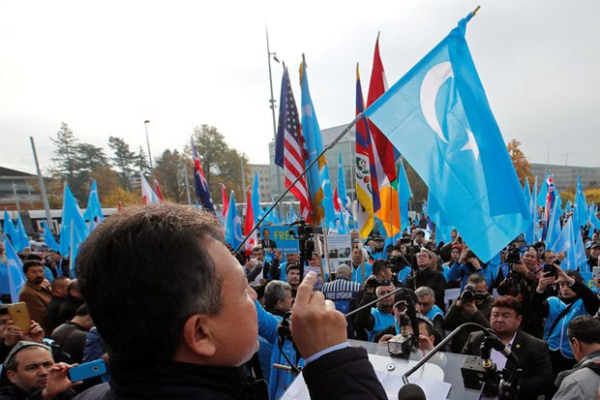Myanmar sends first workers to Russia; junta chief to Belarus
Read RFA coverage of these topics in Burmese. Myanmar has sent workers to Russia for the first time with 24 skilled construction employees setting off on Wednesday, Myanmar’s military government said, after the junta leader met President Vladimir Putin in Moscow for talks. Senior Gen. Min Aung Hlaing, flew to Moscow on Monday for his first official visit with Putin. Russian media broadcast video of the two hugging as they met. The Myanmar military chief, on his fourth visit to Russia since he ousted a civilian government in a coup in 2021, thanked Putin for delivering six fighter jets to the junta, which has been embroiled in a civil war. Putin thanked the Myanmar leader for giving Russia six elephants last year, media reported. In talks on Tuesday, Myanmar’s military junta predicted Russia’s eventual victory over Ukraine in the three year-long war. The military’s Ministry of Information said in a statement that the first 24 workers had left for Russia under a memorandum of understanding that was still being worked out. “Both countries are looking forward to their friendship and to sending the workers,” the ministry said. The ministry did not say how many workers might follow the first batch of 24 or which industries they might be employed in. A Myanmar employment official said in December the military government was preparing to send workers to Russia at its request, to help make up for a shortage of foreign workers in agriculture and manufacturing amid its war with Ukraine. Charles Myo Thant, chairman of the Myanmar Overseas Employment Agencies Association, said they would take up jobs in agriculture, livestock, construction and factories, and they will need to learn Russian. Myanmar has for years sent workers abroad to places like Thailand and Singapore under government agreements. Many Myanmar people have also moved abroad to look for work, especially since the 2021 coup, which seriously undermined the economy. But junta authorities have recently placed restrictions on people going abroad for work as it seeks to fill the ranks of its armed forces through conscription. People of military age have been banned from applying for work abroad through employment agencies, and those allowed to leave for work have been told they may be ordered back to serve in the military. A labor activist based in the city of Yangon questioned the Russian agreement. “We can’t go to other countries, so why can we go to Russia?” said the activist, who declined to be identified for safety reasons. He also wondered what type of work they would be doing, saying hard labor or with no opportunities for training would not be popular. RELATED STORIES No limits to the lawlessness of Myanmar’s predatory military regime Trump extends ‘national emergency’ declaration for Myanmar Junta forces, Russian navy train together off western Myanmar coast Myanmar junta chief, Senior General Min Aung Hlaing, with Russia’s President of Vladimir Putin at the Kremlin in Moscow March 4, 2025.(Myanmar Defense Services) Russia has been a steady supplier of weapons to the Myanmar military and its media reported that Min Aung Hlaing had also discussed cooperation in “all areas of the defense sector” in talks with Russian defense officials. The junta chief traveled from Moscow to the city of St. Petersburg and on Friday he was due to travel to Belarus at the invitation of President Aleksandr Lukashenko, the Myanmar military said. Political analyst Than Soe Naing said the focus of Min Aung Hlaing’s trip appeared to be ensuring security “under the umbrella of Russia’s empire.” “Going to Belarus is laying a foundation for security,” he said. Translated by Kiana Duncan. Edited by RFA Staff. We are : Investigative Journalism Reportika Investigative Reports Daily Reports Interviews Surveys Reportika



